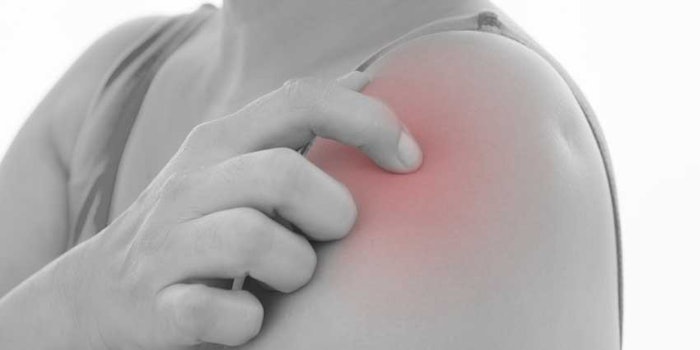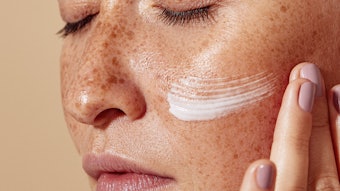
Looking and feeling good is something all clients want; however, individuals with psoriasis may find this to be challenging. Help clients feel encouraged and uplifted with the following four tips.
1. Updating Makeup
Some go-to cosmetic products could be worsening skin irritation and redness. Encourage clients to look for fragrance-free, hypoallergenic and non-clogging moisturizers to support skin with an extra layer of protection. Primers will give users a smoother skin surface to work with, and liquid foundation can be easily controlled with any skin type.
As for removing makeup, petroleum-based makeup removers loosen makeup prior to taking it off and can help avoid aggravating sensitive spots.
2. Eating Healthy
Controlling diet can be beneficial for individuals with psoriasis, as some foods can cause redness and swelling the skin. An anti-inflammatory diet has proven to help individuals manage plaque psoriasis.
Psoriasis sufferers should eat: fish, nuts, oils and colorful fruits and vegetables. Foods to avoid include: nightshade vegetables, dairy, refined sugar and red meat.
3. Taking Vitamins
According to the National Psoriasis Foundation, “many people with psoriasis and psoriatic arthritis find that including vitamins and supplements in their diet helps their skin clear and may ease joint pain.” Omega 3 helps decrease inflammation and powers the immune system through fish oil, vegetable oil, soy, nuts and seeds.
Vitamin D can be found in salmon, Swiss cheese and sunshine, which helps slow the growth of skin cells. Glucosamine helps repair and form cartilage and can be found OTC.
4. Lowering Stress Levels
Psychodermatology is a term doctors created, linking emotional stress to skin. Bodies reacting to a mental state can trigger certain hormones to be released, which can cause skin to have negative side effects. According to Shelley Sekula-Gibbs, M.D., the brain and skin are connected because they are derived from the same cells.
“When people experience stress in life, quite frequently, their skin becomes a reflection of the stresses,” said Sekula-Gibbs.
The following can help reduce stress levels: acupuncture, massage therapy, behavioral therapy, talk therapy and relaxation training.
#Skincluded
UVBioTek created this campaign to share stories of those with psoriasis and to offer tips and spread awareness. This initiative works toward encouraging understanding and helping treat affected skin.
Source: UVBioTek










